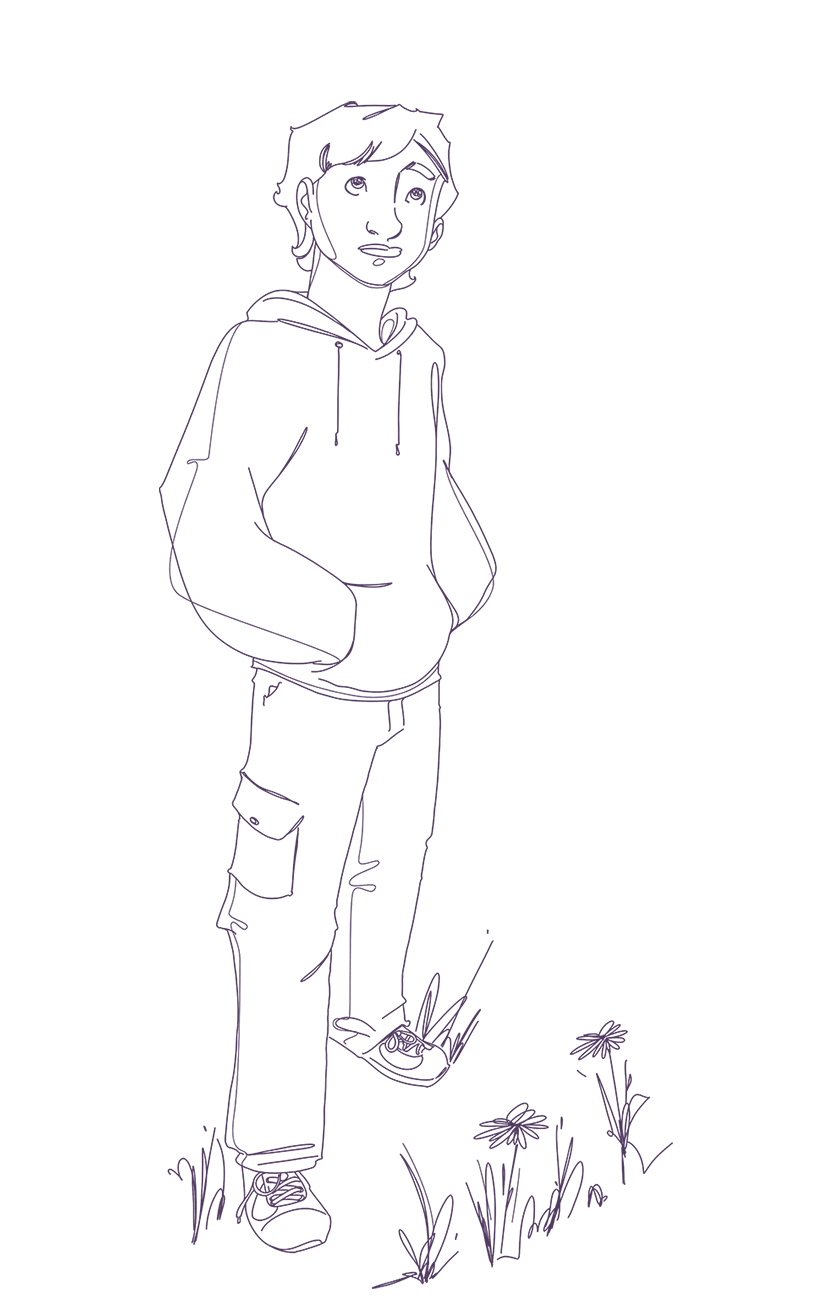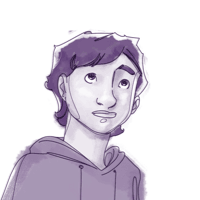


Talking About Death and Dying
“Unless she brings it [discussion of death] up, like, I’m not gonna bring it up…‘cause I don’t want to make her any sadder than she already is. ”

This is a tough topic. We don’t know many people who like to talk about this subject. Most people run far from it. But what we know is how important it is to talk about loss and express your feelings, because this can be a really difficult time.
You and your family deserve to talk about how things are changing, what the loss of your family member will look like, and what do you do after they are gone. Pushing these feeling down can only make things worse—sometimes many years later. So, having honest open conversation now is so important.
What do you ask? What do you want to know? Everyone has questions, including young caregivers like you.
- What will the death look like?
- How will it be handled?
- Will my parent remain in the home?
- Can I be present during the death?
- What will happen to me when the death occurs?
- What will the services or funeral look like?
- What supports are in place?
- Where will we live after the parent dies?
Do any of these questions sound familiar? You may not have wondered about all of them. But I bet you wondered about at least one. These are very important questions because they help you and your family process the next steps and how things will change.

Bradley
Bradley was really freaked out because his dad’s ALS was progressing so fast.
It had been less than two years since the initial diagnosis, and his dad couldn’t do anything for himself except open his eyes. The doctor had said that the disease can progress quickly, but Bradley wasn’t ready for so many changes. His dad’s breathing was bad, and they had to use suction quite a bit to keep his airway clear. Bradley had so many questions—even his sister was opening up and wondering what was going to happen. They have a part-time caregiver now, but it does not seem like his dad will be around much longer.
If you were Bradley, what would you do?
-
Bradley decided to talk to his best friend, Craig, about his dad dying. He knows it is close, and he needs to tell someone. At first Craig was real quiet, which made Bradley feel stupid. Then Craig told Bradley he didn’t know what to say. He wanted to be a friend but had never lost anyone, so he was scared to say the wrong thing. This actually helped Bradley because it showed he was not the only kid who did not know much about death and dying. Then Craig started asking a lot of questions—many of which Bradley couldn’t answer. But hearing Craig ask them was also comforting. It helped Bradley think through some of his own questions and figure out how to ask his mom about these things.
-
Bradley talked to his mom, which was scary for him. His mom has been sad and crying, but also not very available to talk to Bradley about his dad. Bradley was nervous but just asked what will happen next. He was surprised to know his mom had been thinking about it a lot and wanted to talk to Bradley and his siblings, but she did not know how. Bradley felt major relief. They talked about how scary it was and how much was unknown. His mom let him know she and his dad had talked, and she knew what his dad wanted. He did not want to stay on life support machines, and his mom wanted to make sure he was comfortable. Bradley understood this because he thought he would want to do the same thing. His mom told him all the conversations she had with his dad and encouraged Bradley to talk to his dad as well, even though he could not communicate back. She helped Bradley understand how important it was to feel sad, to know what a loss it will be when his dad dies, but to be with him as much as possible.
-
Everyone in Bradley’s family was pretty freaked out. He wanted to talk but did not know how. He decided to just go on as usual, ignoring what may happen. He was not sleeping and even started to ignore his best friend, Craig. Bradley knew what death meant—the finality of it—but was starting to confuse the details. He was reading a lot online, but without anyone to talk it through he was not sure what to believe.
Continue the Journey
You Made ItView another journey in “Talking About Death and Dying”

